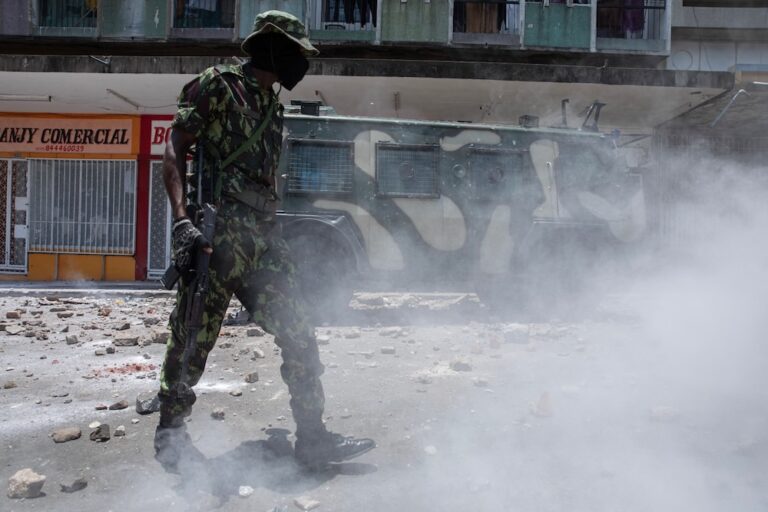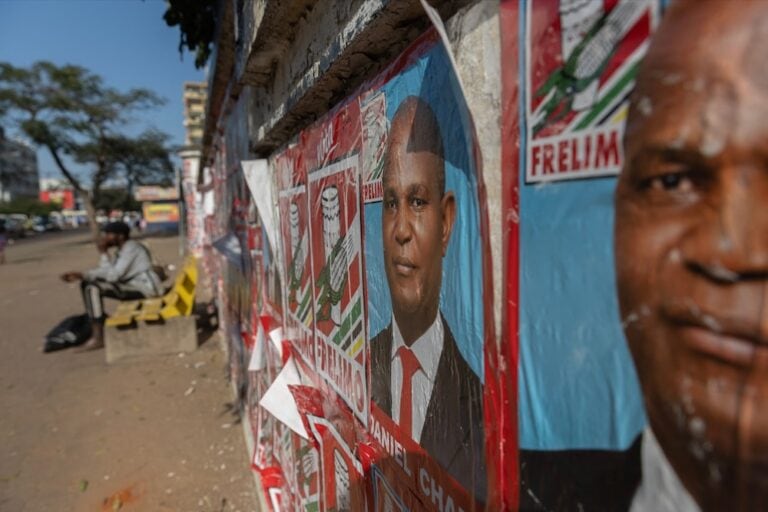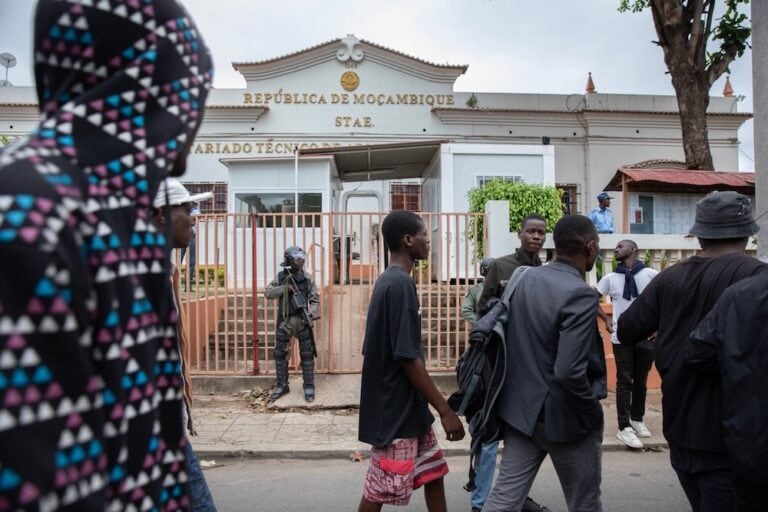The Mozambican government's pedestrian approach to the disappearance of Ibraimo Mbaruco perpetuates a culture of impunity that poses great risk to journalists.
This statement was originally published on africafex.org on 2 November 2021.
Statement on International Day to End Impunity for Crimes Against Journalists
As the world commemorates the International Day to End Impunity for Crimes Against Journalists, MISA urges the authorities in Mozambique to account for the whereabouts of journalist Ibraimo Mbaruco.
Mbaruco has been missing since April 2020.
This is very worrying because of the chilling similarities of his unknown fate with that of Tanzanian journalist, Azory Gwanda, who disappeared in mysterious circumstances in November 2017. The Tanzanian government only reported him as dead in 2019. Gwanda was investigating a spate of high profile killings in the Rufiji area when he went missing.
It is, therefore, inexplicable, given the state machinery at the disposal of the Mozambican government, that a human being, let alone a journalist, can just vanish from the face of the earth, leaving his traumatised family in the dark as to what could have happened.
The seemingly lackadaisical, if not offhand manner, with which the Mozambican government is handling this serious matter, is disconcerting and raises unnecessary speculation and conspiracies on who was involved in Mbaruco’s disappearance.
Throughout the world, it is the State’s responsibility to ensure the safety and security of its citizens, including journalists.
Mbaruco’s last known message was that he was surrounded by soldiers.
His fate is not a matter that should easily be swept beneath the carpet but deserves the serious attention of the Mozambican government for the knowledge and peace of his family and colleagues. Allowing the perpetrators to go unpunished will spawn and perpetuate a culture of impunity that poses great risk to the work of journalists whose profession is at the core of accountable governance, respect for fundamental human rights and socio-economic development.
Our concerns come at a time when the southern African region is experiencing unprecedented upsurges in media freedom violations in member countries previously envied as paragons of media freedom.
For instance, a South African Broadcasting Corporation (SABC) crew was allegedly held against their will and threatened by African National Congress (ANC) supporters in Buffelshoek, Bushuckridge in Mpumalanga on October 21, 2021.
The news crew had to be rescued by the police.
According to the SABC news website, the ANC supporters, numbering about 20, threatened to burn the broadcaster’s vehicle and take the crew’s equipment.
At least four community radio stations were vandalised, with equipment worth tens of thousands of United States dollars destroyed during protests in South Africa following the incarceration of that country’s former president, Jacob Zuma.
The radio stations that fell victim to the protesters are Alex FM, in Alexandra, north of Johannesburg, Mams Radio, In Mamelodi, northeast of Pretoria, West Side FM, in Kagiso, west of Johannesburg and Intokozo FM, in Durban.
In Malawi, a group of 10 Malawi police officers on January 22, 2021, allegedly assaulted an investigative journalist, Henry Mhango, while he was reporting on compliance with COVID-19 regulations.
Nine journalists were on September 30, 2021, arrested by members of the Zimbabwe Republic Police while at the Zimbabwe Electoral Commission (ZEC) offices in Harare.
The journalists, Leopold Munhende, Thomas Madhuku, Nyashadzashe Ndoro, Robert Tapfumaneyi, Marshal Bwanya, Gaddaffi Wells, Adrian Matutu, Tongai Mwenje, and Tinashe Muringai, had gone to the ZEC offices to cover a demonstration by members of the opposition MDC Alliance.
The journalists were taken to Harare Central Police Station before being released without charge, following the intervention of lawyer Chris Mhike.
MISA urges other SADC governments to take a leaf from the action of the Zambian Information and Broadcasting Services permanent secretary, Amos Malupenga, in his quest to safeguard media freedom and the rights of journalists.
Malupenga marched to the police headquarters in Lusaka on March 12, 2021, demanding that law enforcement agents do more to protect journalists who were facing increased attacks and harassment.
As highlighted by UNESCO, impunity for crimes against journalists damages societies by covering serious human rights abuses, corruption and crime.
We, therefore, urge authorities to investigate crimes committed against journalists on duty and prosecute the perpetrators, as this will send clear messages that society does not tolerate attacks against the media.
As has been pointed out, impunity damages whole societies by covering up serious human rights abuses, corruption, and crime.
The media is at the core of citizens’ right to free expression and accountable governance.
Golden Maunganidze
MISA Regional Chairperson



